Living in the Great White North is a dream for many people. However, few know about its strict rules and unusual bans. These laws help protect the environment, maintain public safety, and respect cultural values. Join us as we share 30 surprising things that are illegal in Canada.
Flavored Vaping Products (Some Provinces)
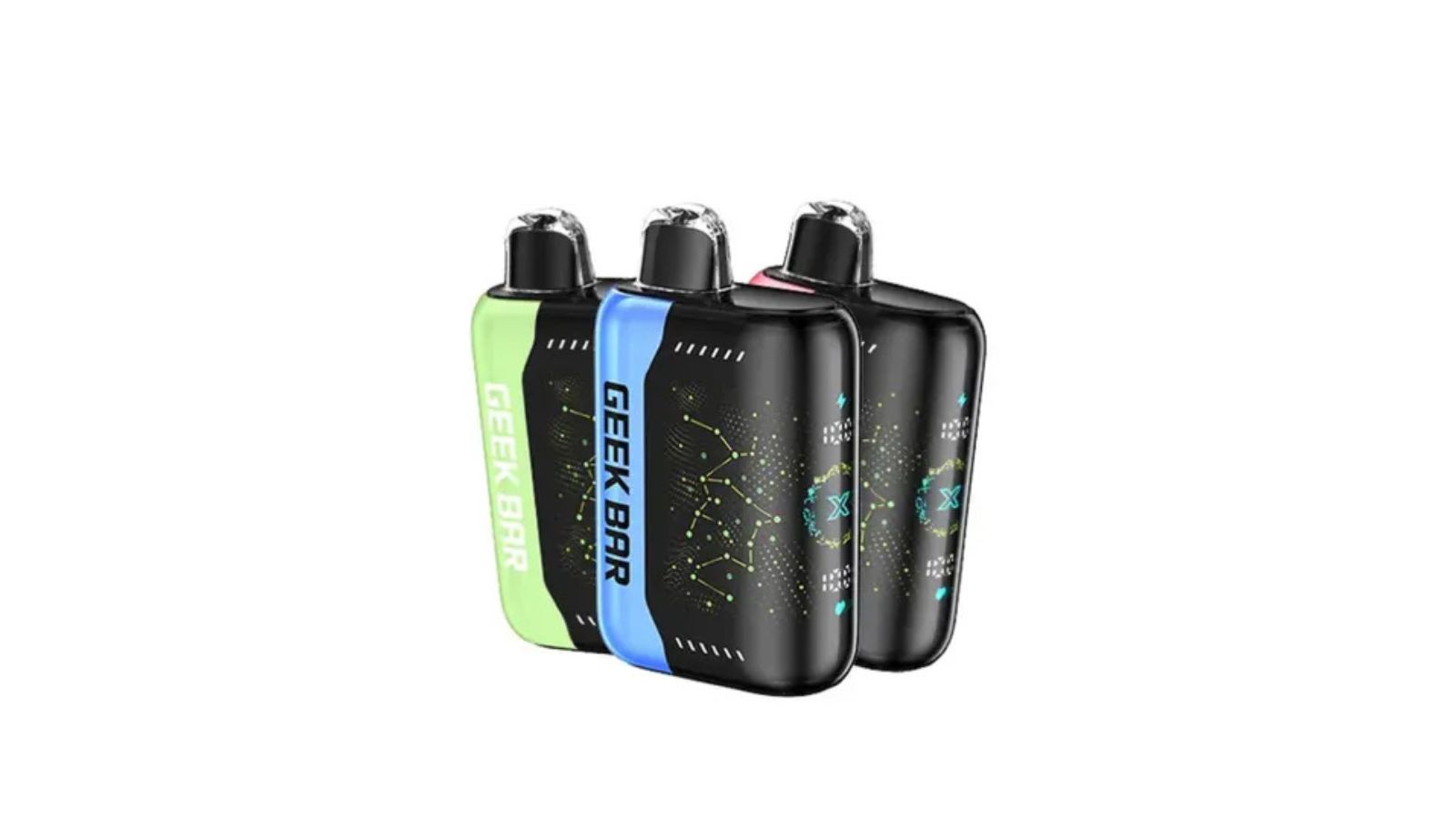
Vaping products, especially flavored ones, are quite popular amongst the youth and also pose a significant health risk. This has led some of the provinces of Canada, like Nova Scotia and Prince Edward Island, to ban their use. Nicotine addiction and health issues were increasing amongst the youth, which these restrictions are intended to reduce.
Single-Use Plastics

Single-use plastic significantly contributes to environmental waste and harms marine life. As a country leading the efforts of environmental conservation, Canada has committed to eliminating the use of harmful single-use plastic by 2030. Plastic grocery bags, straws, stir sticks, cutlery, and many other similar things are restricted in the country.
Baby Walkers

While it might feel absurd, baby walkers with wheels were banned in Canada back in 2004, and their use is still prohibited to date. After extensive research by health officials, it was found that baby walkers don’t contribute to a child’s development. Instead, they pose a significant risk of injury, making selling, importing, or advertising them illegal.
Advertising to Kids (Quebec)

The city of Quebec has enforced a Consumer Protection Act that forbids advertising agencies from making commercial ads targeting children under 13. This step was taken to ensure that young children can have a healthier development environment and to reduce consumerism among them. This law extends to TV ads, online content, and in-store displays.
Penny Usage
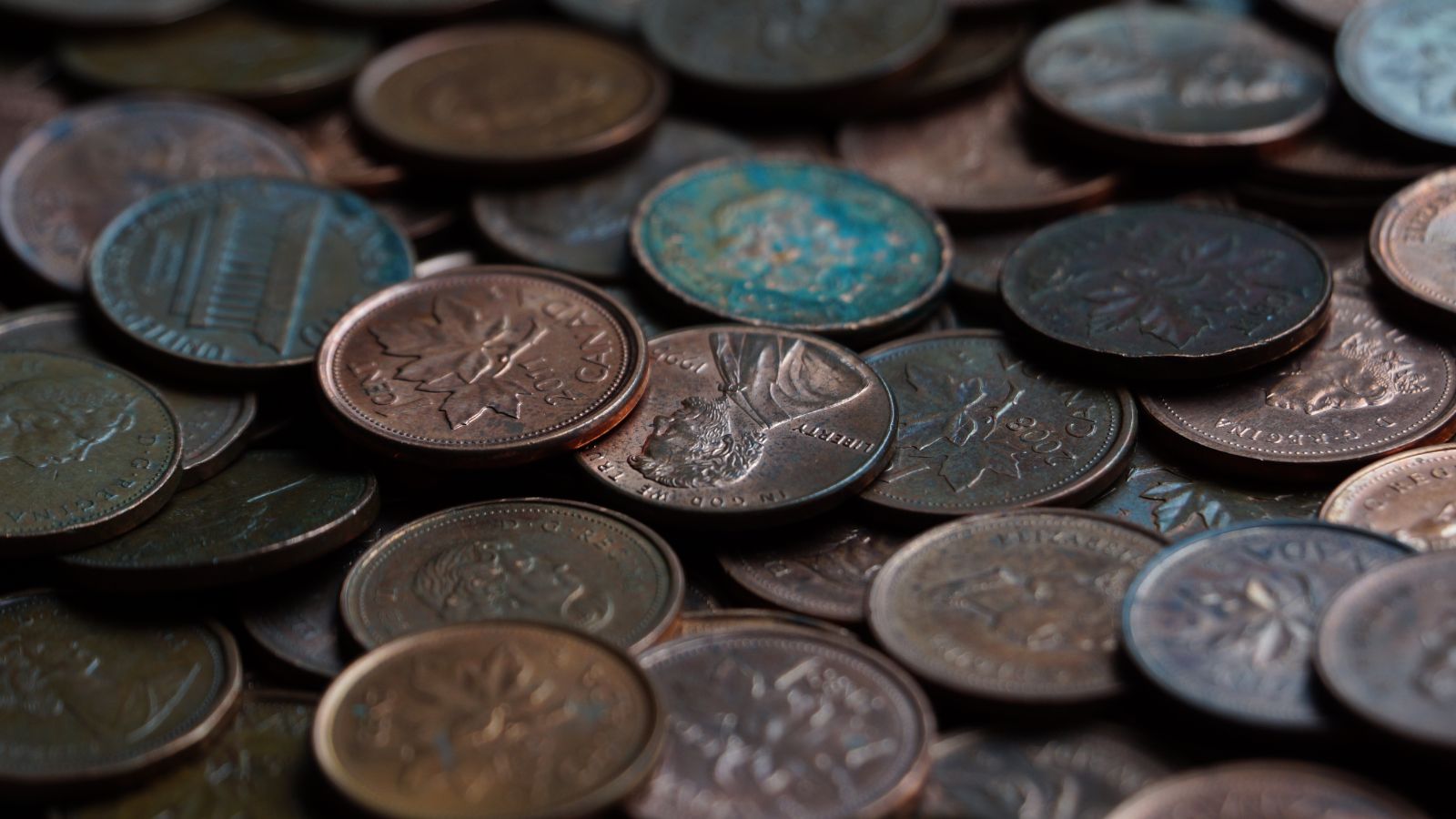
The Canadian penny has a high production cost, making it impractical to produce and use. As a result, it was withdrawn from circulation in 2013. However, it is not officially banned in the country. To accommodate this, cash transactions are now rounded to the nearest five cents.
Pit Bulls (Certain Municipalities)

Due to the potential risks that pit bulls pose to public safety, the municipalities of Montreal and certain areas of Ontario discourage keeping them as pets. These cities have either banned pit bulls or implemented strict regulations that require owners to rehome their pets or comply with mandatory muzzling and licensing.
Whistling Underwater (Kind of)
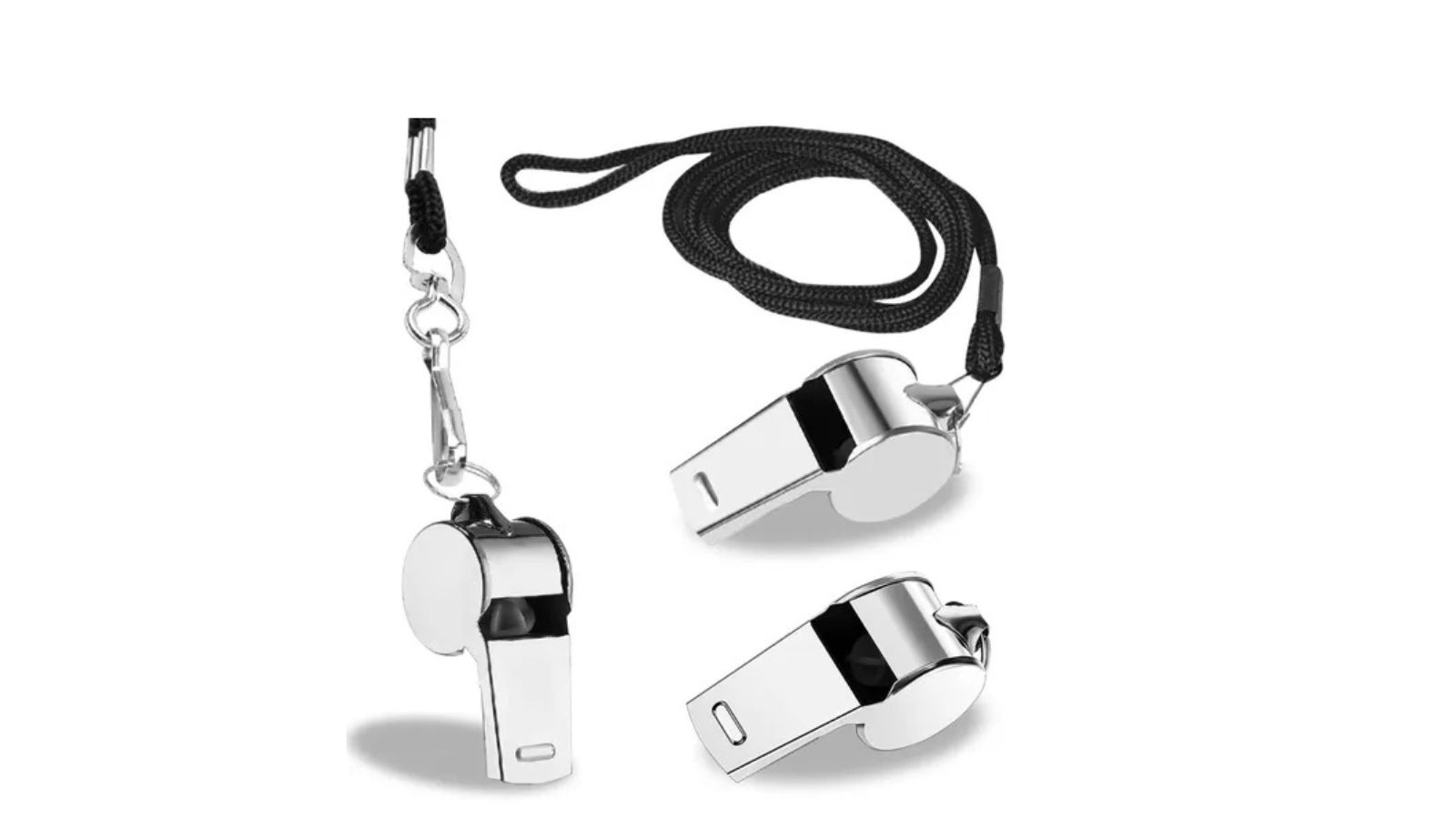
It might be hard to comprehend, but yes, whistling underwater is banned in some municipalities. While it’s more of a humorous anecdote, this law is a part of legal texts even if it isn’t strictly enforced. One can only wonder what happened for this quirky law to come into being.
Kinder Surprise Eggs (In the U.S., not Canada)

Kinder Surprise eggs, which contain embedded toys inside, are banned in the U.S. due to choking hazards. However, their sale is permitted in Canada. The Canadian versions of Kinder Eggs are, hence, a novelty across the border.
Paying with Too Many Coins

Using an excessive number of coins in a transaction is discouraged under the Currency Act in Canada. Sellers have the right to refuse payment if you use more than $5 in nickels or more than $10 in dimes. Therefore, it’s a good idea to have more appropriate cash on hand!
Importing Fake Designer Goods

Canada prohibits its citizens from bringing counterfeit designer items, like handbags and shoes, into the country. Border agents have clear instructions and authority to seize these items. Offenders may face fines or legal consequences.
Spray Paint for Minors (Some Cities)
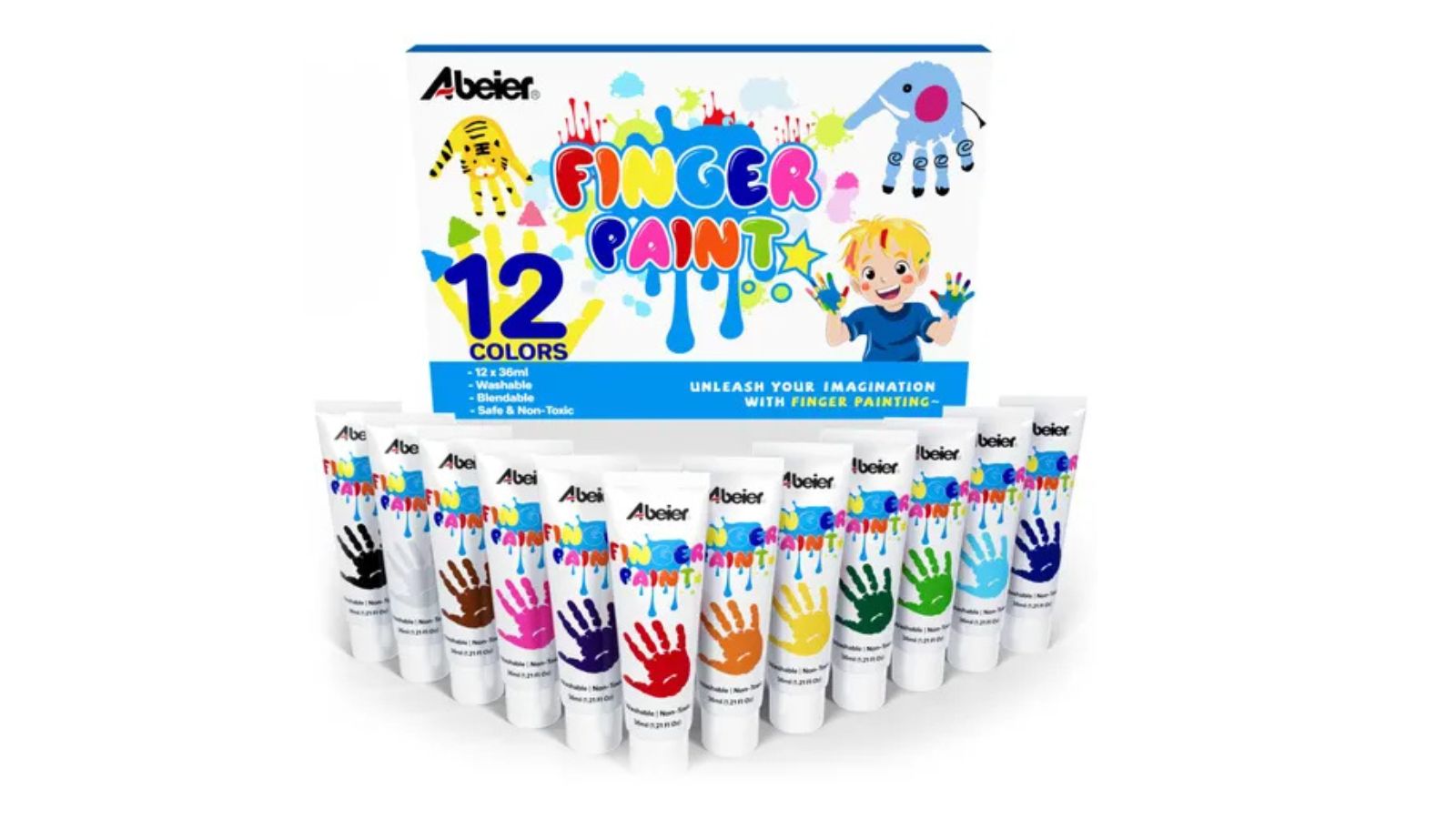
To address the increasing number of graffiti and vandalism cases, some cities in Canada have implemented restrictions on the sale of spray paint to minors. These measures aim to ensure that spray paint is used responsibly, helping to prevent damage to properties.
Owning a Pet Ferret (Ontario)
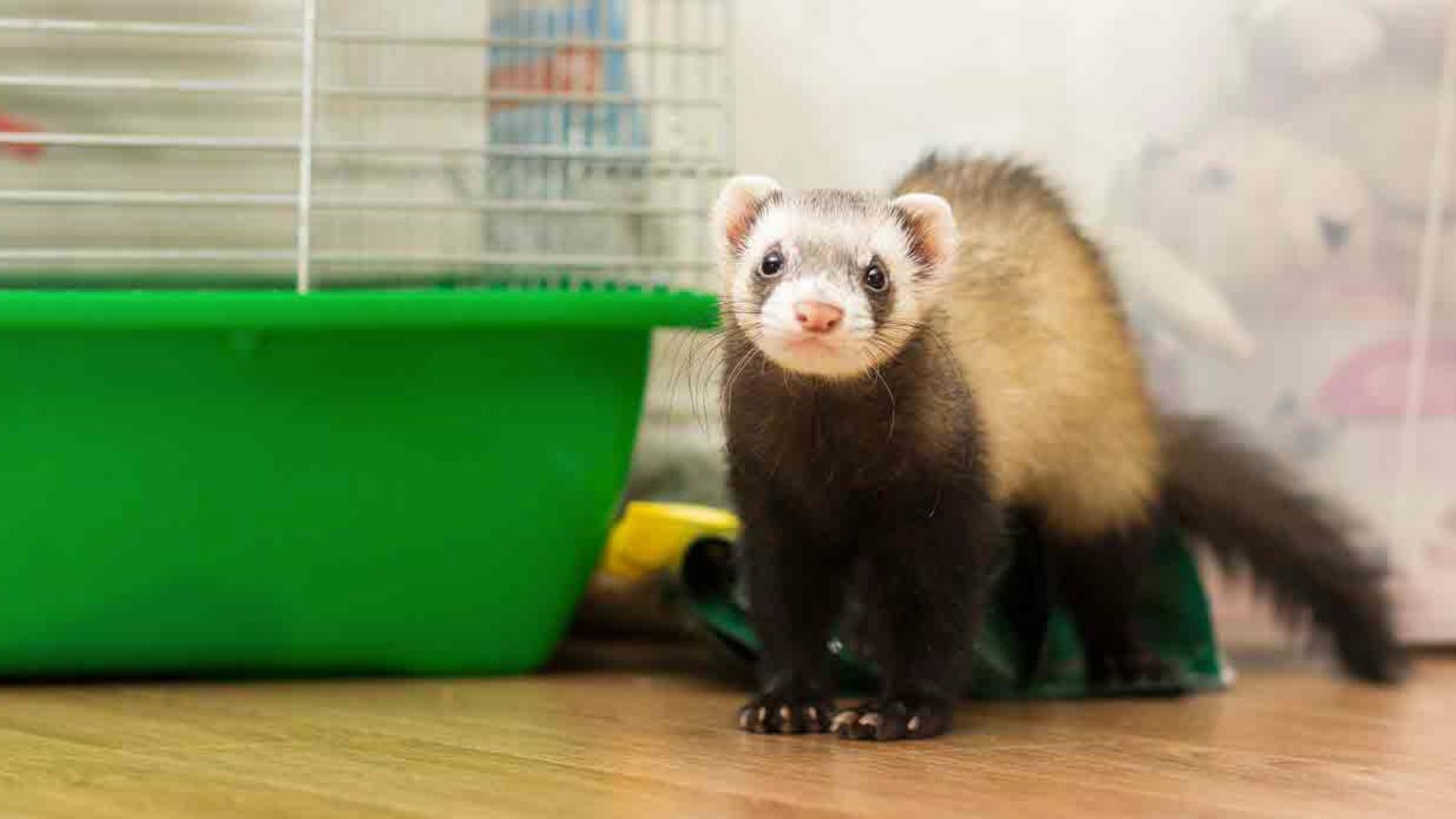
Many families love pet ferrets, but some areas in Ontario do not allow them. The main reasons for this are that ferrets can escape, they might bite people, and they can spread diseases if they are sick.
Trampolines at Daycares (Quebec)

Trampolines pose a considerable safety risk, which prompted the administration of Quebec to ban them in regulated daycares. Daycares in the city have taken up alternative ways to entertain the children without putting their safety at risk.
Certain Baby Names
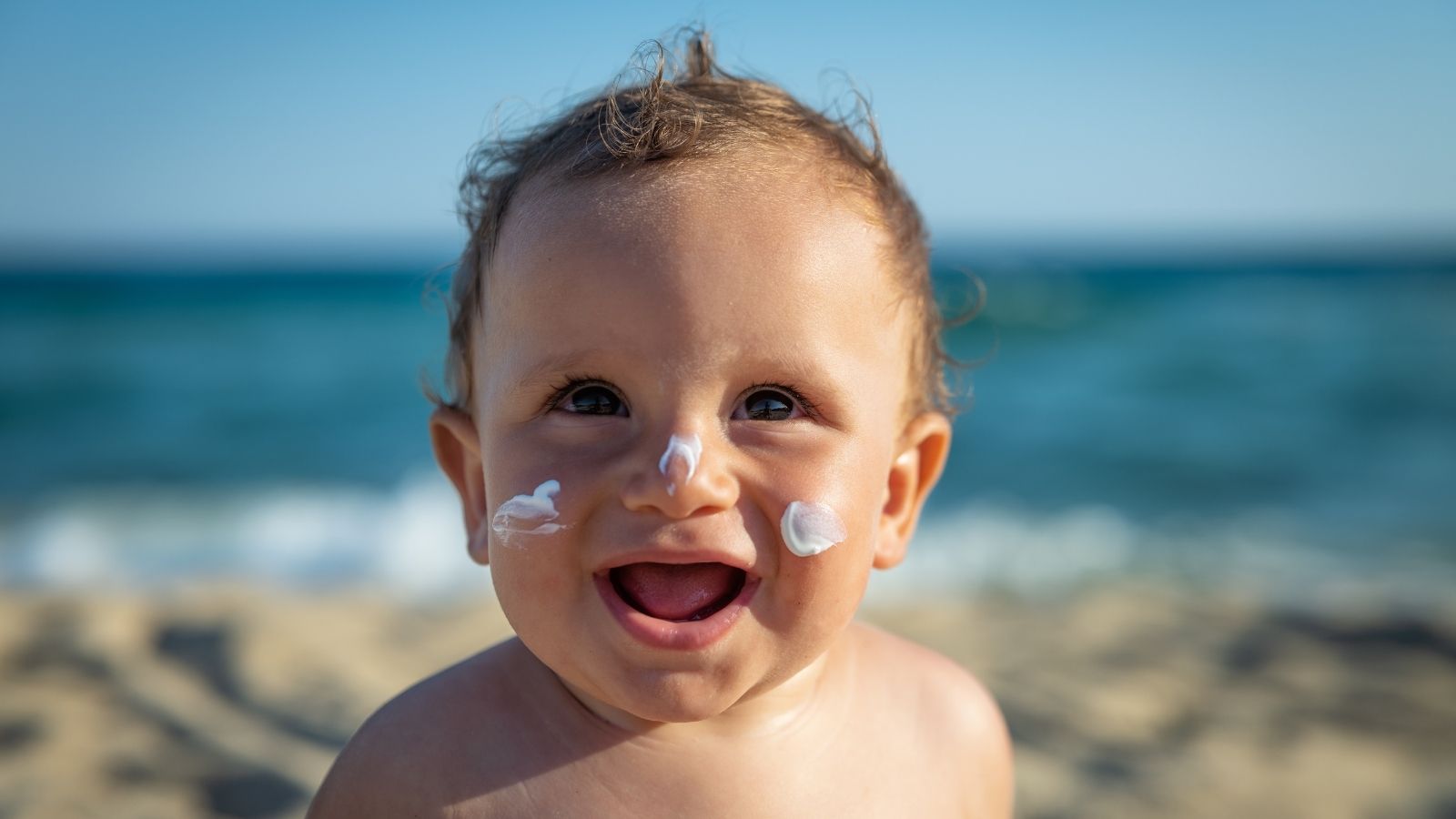
Canada has banned names like “Lucifer,” “@,” and other names that may be offensive. This decision aims to help children have a normal life without facing unnecessary problems or embarrassment.
Selling Raw Milk

Raw, unpasteurized milk can cause bacterial infections, leading to its ban by Canada’s health department. Many argue that the health benefits of raw milk are significant and should not be overlooked. However, the sale of raw milk remains illegal in the country.
Chewing Gum in Some Schools

Chewing gum is not only offensive to the decorum of the classroom but also distracts the students from focusing. This is why many Canadian schools have banned chewing gum in the classrooms. However, it’s not an official law.
Replica Guns

Replica and airsoft guns are restricted in many areas of Canada, especially those that look like real guns. During public protests or police interactions, these replicas can be mistaken for real firearms due to their realistic appearance. This can lead police to view the owners of these replicas as a threat and respond accordingly.
Exotic Pets

Several provinces in Canada have outlawed exotic animals such as venomous snakes, monkeys, and big cats. The ban was enforced due to public safety, ethical concerns, and animal welfare considerations.
Energy Drinks for Kids

Because of the high caffeine and sugar content, energy drinks pose a health risk for people of all ages. To protect the welfare of minors, some schools and retailers restrict or discourage selling them energy drinks.
Certain Dog Breeds (BSL)

Breed-specific legislation targets dog breeds deemed dangerous to public safety. Although these laws are controversial, breeds such as pit bulls are restricted or banned in provinces like Ontario.
Cannabis (Despite Legalization)
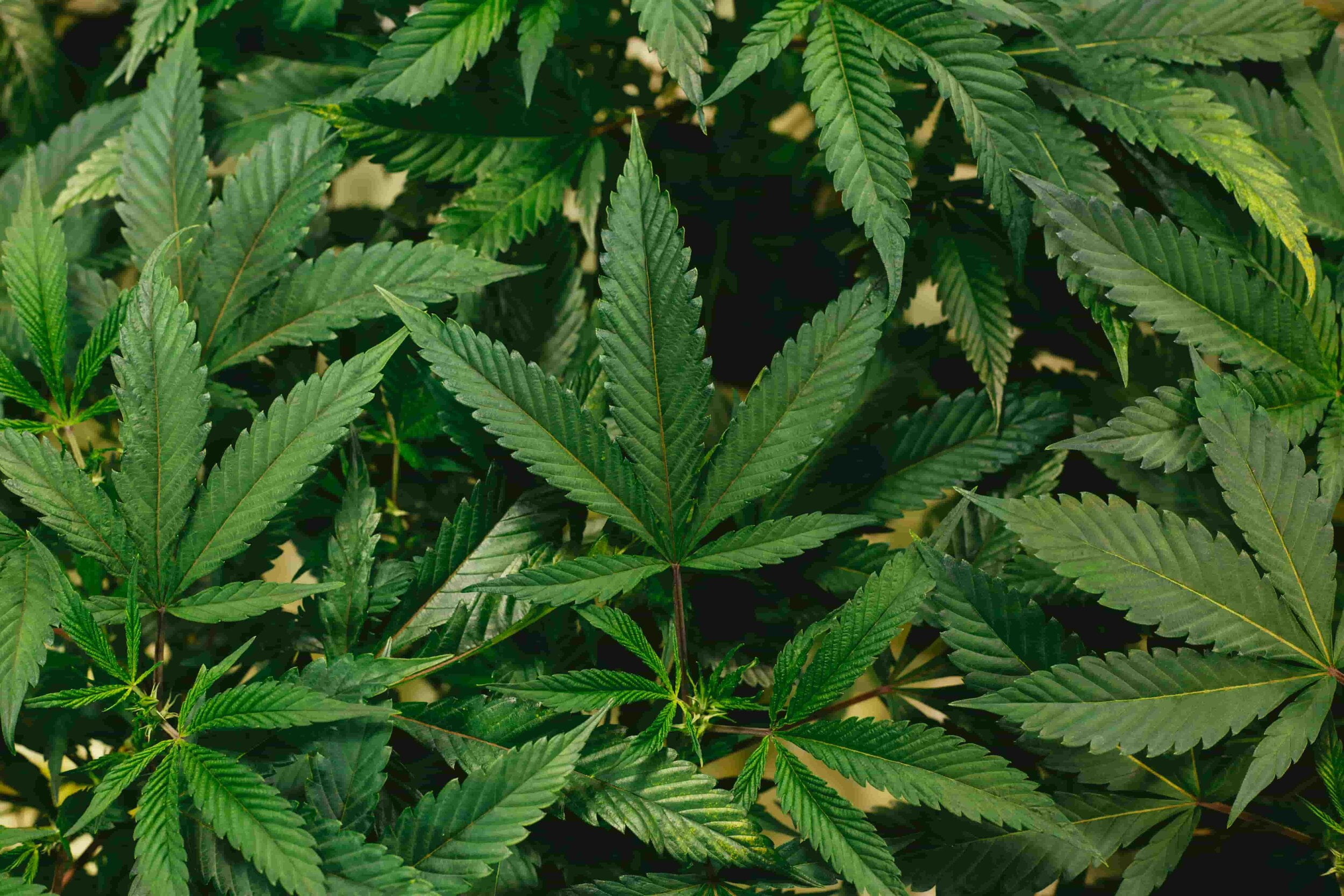
Plastic Microbeads
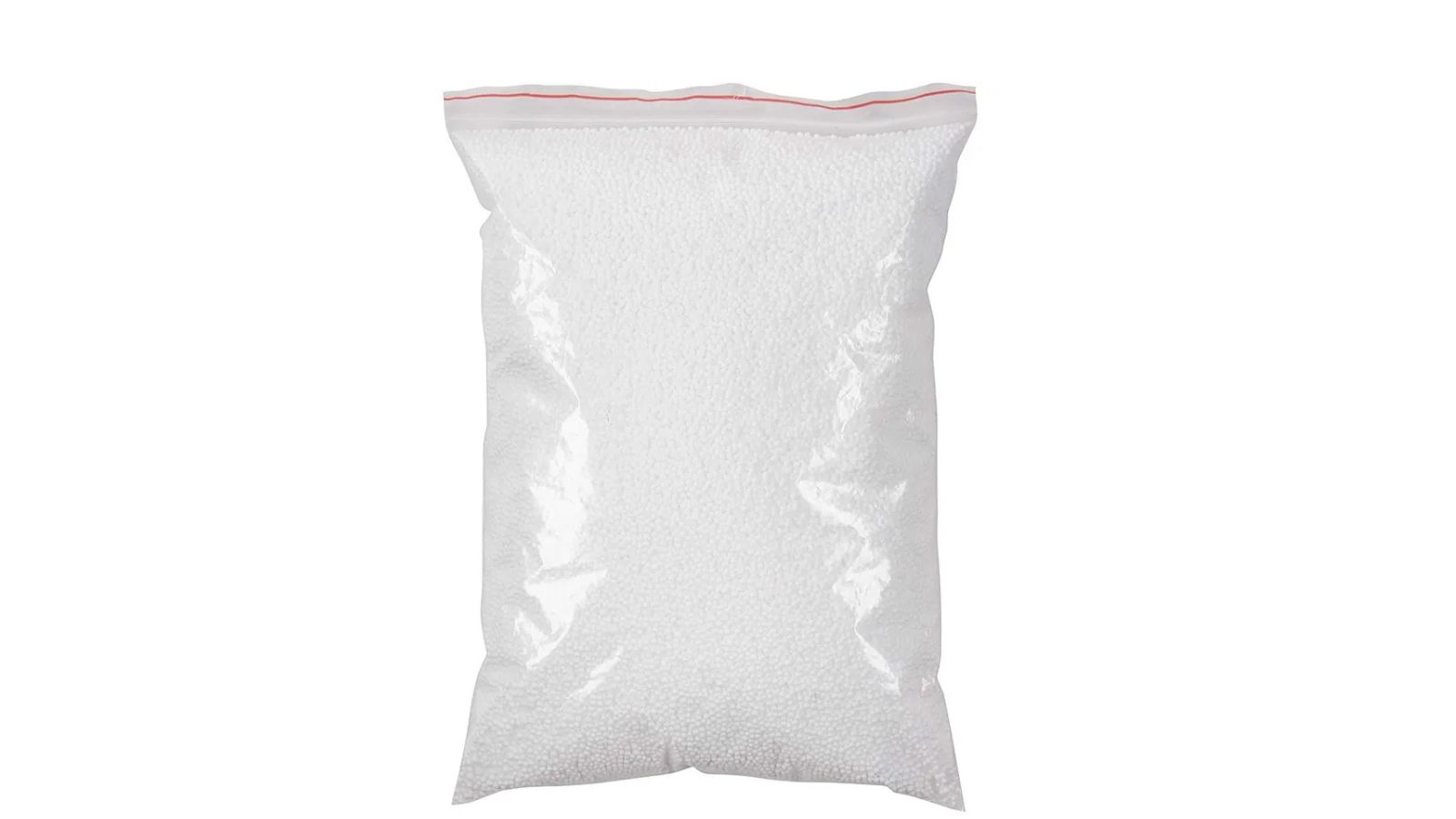
Plastic microbeads harm marine life by polluting the water bodies. That’s why the manufacture and sale of toiletries with plastic microbeads has been prohibited in the country since 2018.
Trans Fats in Food

Trans fats severely damage the heart and overall health. To protect the citizens, the Canadian government banned trans fats in processed foods in 2018. The move has helped save many lives.
Fireworks (Certain Cities)

In many Canadian cities, fireworks are either banned or consumers must follow strict rules to use them. This ensures that they do not become a nuisance to the residents. Moreover, safety concerns are a factor, which is why a permit is often necessary for a public display.
Drinking in Public

Canada has enforced a ban on drinking alcoholic beverages in parks, sidewalks, and other public places. However, some cities have designated areas where the residents can consume alcohol legally.
High-Powered Laser Pointers

High-powered laser pointers can damage a person’s eyes if directed at them. Moreover, they also pose a risk to aircraft and the hundreds of lives they carry if they are pointed at the pilots. This has led to their ban in the country.
Drones Near Airports

Without a permit, Transport Canada has restricted flying drones near airports or higher than a specified altitude. This has been done to ensure that the drones do not hit planes and put public safety at risk.
Offensive License Plates
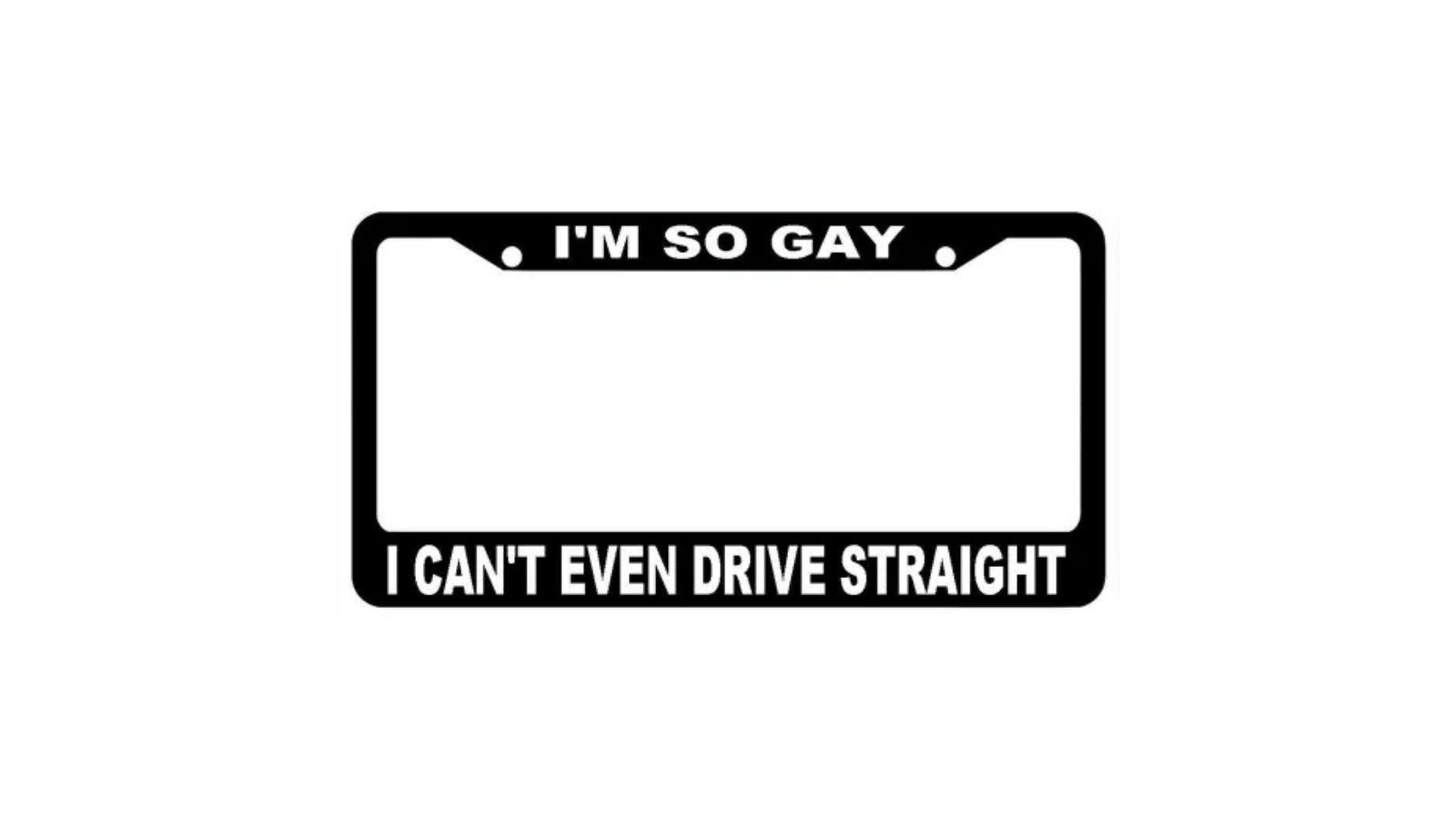
License plates that are deemed offensive, political, or controversial are banned in the country. The provincial transportation authorities carefully monitor vanity license plates and reject those that do not meet the criteria.
Pet Rabbits (Vancouver, Unless Spayed/Neutered)

Rabbits, while adorable, can carry and transmit diseases, harm the vegetation, and disrupt the ecosystem. Vancouver has experienced an overpopulation of feral rabbits, requiring pet rabbits to be spayed or neutered.
Cryptocurrency in Retirement Accounts

Due to the volatile nature of cryptocurrencies and security risks, there are strict regulations governing their inclusion in retirement accounts. Canadians can invest in cryptocurrencies, but incorporating them into registered retirement savings plans (RRSPs) can be difficult.
Conclusion

Canada has some unique rules and regulations, and it can be surprising to discover laws regarding seemingly trivial matters. However, both residents and visitors should be aware of these laws to avoid any legal issues.
25 Countries Predicted to Become Economic Superpowers in the Next 20 Years

The strength of an economy plays a crucial role in various international policies about trade and relations. Certain factors determine the strength of an economy, including population growth, availability of resources, and development and advancement. Here are 25 countries predicted to become economic superpowers in the next 20 years
25 Countries Predicted to Become Economic Superpowers in the Next 20 Years
